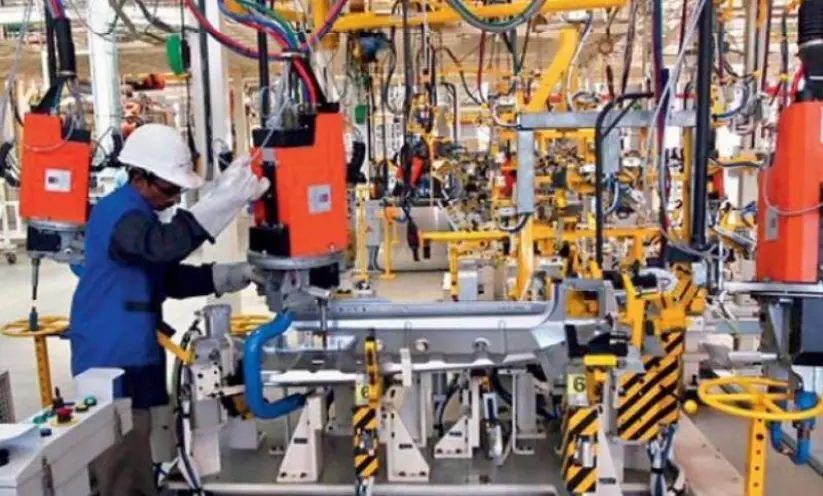
Companies depend on temporary resources amid surge in labour shortages: report
text_fieldsNew Delhi: According to a new report released by GlobalData, a leading data analytics company, the number of companies mentioning labour shortage in their quarterly earnings filings globally increased by 28 per cent in 2022 compared to the previous year.
This shows a continuous uptrend that was witnessed in recent years, while sentiment fell by 20 per cent.
The industries having the highest labour shortage according to the report include construction, technology, packaging and consumer while financial services had the highest growth in the terms mentioned.
"The shortage has resulted in increased dependence on more expensive temporary labour resources, significant increases in costs as well as delays in construction," said analyst Ekta Chourasia.
Zendesk, a US-based technology company, mentioned that the labour shortage contributed to an increase in wages and salaries, unfavourably impacting its expenses and operating costs.
Surge Components, a provider of capacitors and semiconductors, discussed that labour shortage posed challenges to its customers' engineering staff, causing delays in product approval.
Consumer goods company Conagra Brands talked about persistent labour shortages affecting its capacity to effectively run production and distribution facilities.
Glatfelter, a packaging company, discussed that the labour shortage led to a decline in volume, impacting its profitability by approximately $900,000.
"Labour shortage, along with a high demand resulting from a post-pandemic recovery, has created supply chain issues with shortage of materials and semiconductor chips, which in turn has resulted in the rise in raw material prices and wages, pushing up prices of final consumer products and causing global inflation," explained Chourasia.
-IANS Inputs























